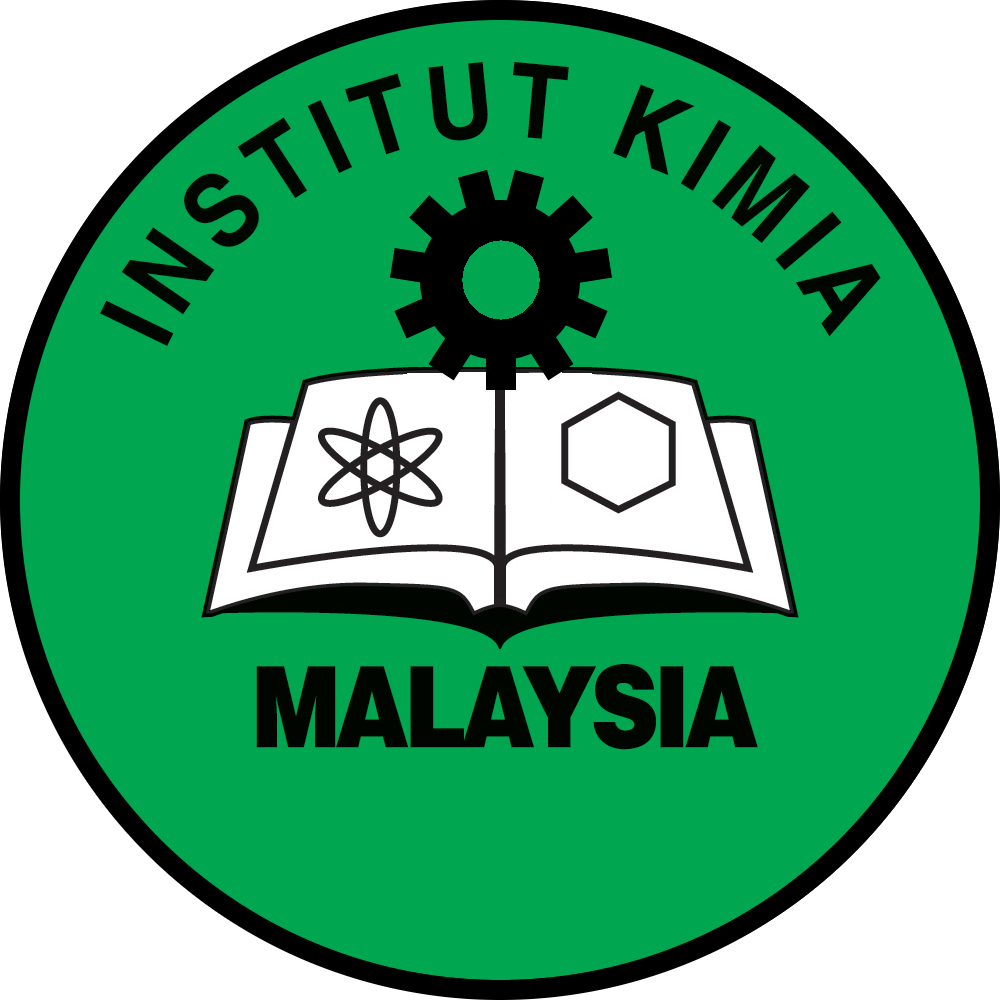Turbidity Removal of Kaolin Wastewater Using Polyacrylamide-Grafted Egg White
Keywords: Albumin; graft copolymer; microwave-assisted technique; engineered flocculant; coagulant
Abstract
Polyacrylamide-grafted egg white (Egg-g-PAM) has been successfully synthesized by microwave-assisted graft copolymerization technique using ceric ammonium nitrate (CAN) as an initiator. The grafting process was optimized at various acrylamide weight, CAN weight, and microwave irradiation time. The grafting of polyacrylamide (PAM) chains on the egg white backbone was confirmed through percentage of grafting efficiency (%GE) and percentage water absorption (%WA). Egg white (control) and optimized Egg-g-PAM were further characterized by Fourier transform infrared (FTIR) spectroscopy, field emission scanning electron microscopy (FESEM) analysis, elemental analysis, thermogravimetric/derivative thermogravimetry (TG/DTG) analysis, and point of zero charge (pHzpc). The turbidity removal for alum, egg white, acrylamide, and Egg-g-PAM was determined on 0.25 g/L kaolin suspension at pH 7 and 2 g/dL dosage. The % turbidity removal of Egg-g-PAM (95.55%) was greater than that of alum (94.58%) acrylamide (25.52%), and egg white (19.89%).
Published 25 March 2020
Issue Vol 22 No 1 (2020): Malaysian Journal of Chemistry (SPECIAL ISSUE)
Section Article
